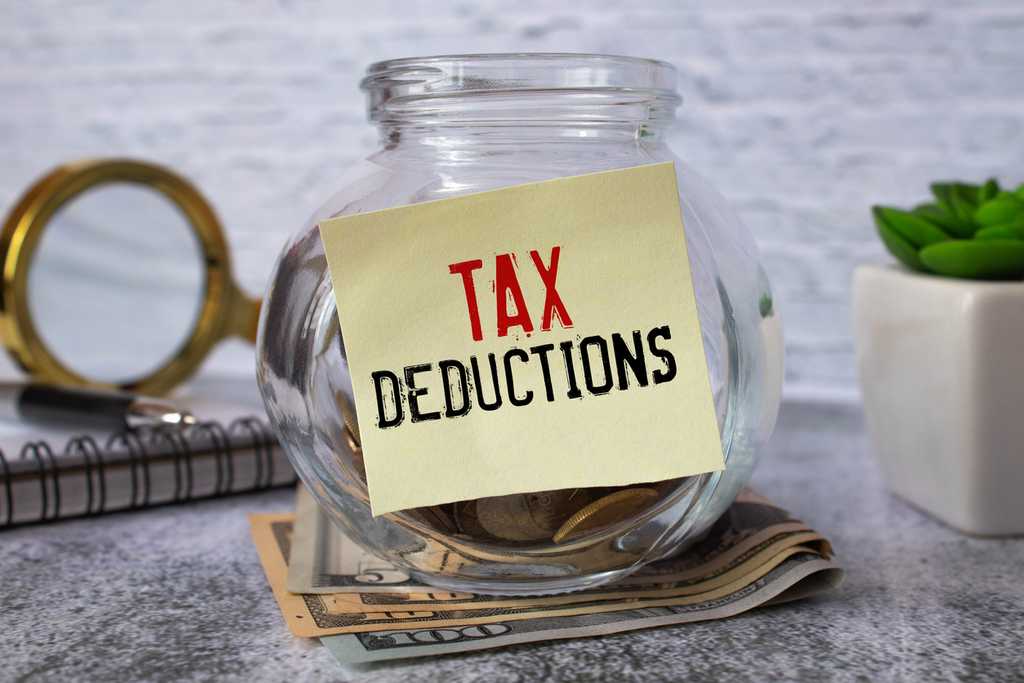Attending business seminars is a valuable way to enhance skills, network with professionals, and stay updated on industry trends. For business owners, especially those running a home-based business, these events can also offer significant tax deductions for business seminars. However, navigating the complexities of tax deductions can be tricky, and mistakes can lead to missed savings or even IRS scrutiny. This article highlights common errors to avoid when claiming deductions for business seminars, provides practical tips for maximizing home business tax deductions, and includes a checklist for tracking seminar-related costs to ensure accurate deductions.
Why Tax Deductions for Business Seminars Matter
Business seminars, whether in-person or virtual, often come with expenses like registration fees, travel, lodging, and meals. The IRS allows these costs to be deducted as business expenses if they are directly related to your trade or business and help improve your skills or operations. For home-based businesses, these deductions can significantly reduce taxable income, freeing up funds for growth. However, improper claims can trigger audits or penalties, making it essential to understand what qualifies and avoid common pitfalls.

Common Tax Deduction Mistakes to Avoid
Here are the most frequent errors taxpayers make when claiming deductions for business seminars and how to steer clear of them:
1. Claiming Non-Deductible Personal Expenses
One of the biggest mistakes is blurring the line between business and personal expenses. For example, extending a seminar trip for a vacation and claiming all travel costs as deductions is a red flag. The IRS only allows deductions for expenses directly tied to the business purpose of the seminar.
How to Avoid It: Clearly separate business and personal activities. If you extend your trip, only deduct expenses incurred during the seminar days, such as lodging and meals directly related to the event. Keep detailed records showing the business purpose of each expense.
2. Missing or Inadequate Receipts
Failing to keep receipts or documentation for seminar-related expenses can jeopardize your deductions. The IRS requires proof of payment and the business purpose for expenses, especially for travel, meals, and lodging.
How to Avoid It: Save all receipts, whether physical or digital, and organize them promptly. For expenses under $75 (except lodging), a receipt isn’t always required, but a record like a credit card statement or calendar entry helps. Use apps like Expensify or QuickBooks to scan and categorize receipts on the go.
Read more: Top 5 Cell Providers for Small Businesses in the UK: Best Business Mobile Plans in 2025
3. Overlooking Deductible Expenses
Some taxpayers miss out on legitimate deductions by not realizing what qualifies. For instance, transportation to and from the seminar, parking fees, and even internet charges for virtual seminars can be deductible if they’re business-related.

How to Avoid It: Familiarize yourself with IRS guidelines for business travel and education expenses. Publication 463 (Travel, Gift, and Car Expenses) and Publication 970 (Tax Benefits for Education) are excellent resources. Consult a tax professional to ensure you’re claiming all eligible expenses.
4. Claiming Expenses for Non-Qualifying Events
Not all seminars qualify for deductions. The event must be directly related to your business and provide skills or knowledge that enhance your trade. Attending a seminar unrelated to your business, such as a personal development course, may not be deductible.
How to Avoid It: Verify that the seminar’s content aligns with your business goals. Keep the seminar agenda, course description, or registration confirmation as evidence of its relevance. For home-based businesses, ensure the seminar supports your specific operations, such as marketing, management, or industry-specific skills.
Read more: Server or Cloud for Your Small Business: Picking the Best Tower Server in 2025
5. Incorrectly Allocating Meals and Entertainment
Meals during business seminars are deductible, but only at 50% of the cost, and entertainment expenses (like tickets to a show) are generally not deductible. Some taxpayers mistakenly claim the full cost of meals or include non-deductible entertainment.
How to Avoid It: Track meal expenses separately and apply the 50% rule when filing. Avoid claiming entertainment unless it’s directly tied to a business discussion (and even then, document the purpose meticulously). Use per diem rates for meals if allowed in your area to simplify record-keeping.
6. Failing to Prorate Shared Expenses
For home-based businesses, shared expenses like internet or office space often need to be prorated between personal and business use. Similarly, seminar expenses that serve dual purposes (e.g., a laptop used for both work and personal tasks) must be allocated correctly.
How to Avoid It: Calculate the business-use percentage for shared expenses. For example, if you use your internet 60% for business, deduct only 60% of the cost for virtual seminars. Maintain logs or records to justify your allocation if audited.
7. Not Tracking Mileage for Local Seminars
If you drive to a local seminar, mileage is deductible at the standard IRS rate (67 cents per mile in 2025). Many taxpayers forget to log mileage or assume it’s not worth tracking for short trips.
How to Avoid It: Use a mileage-tracking app like MileIQ or TripLog to record business-related drives automatically. Note the starting and ending odometer readings, date, and purpose of the trip for manual logs. Even small trips add up over time.
8. Ignoring Virtual Seminar Costs
With the rise of online seminars, some taxpayers overlook deductions for virtual events, such as registration fees, software subscriptions, or upgraded internet plans needed to participate.

How to Avoid It: Treat virtual seminars like in-person ones. Deduct registration fees, materials, and any technology costs directly related to the event. For shared expenses like internet, prorate based on business use during the seminar.
Maximizing Home Business Tax Deductions
Home-based businesses have unique opportunities to claim deductions, but they also face stricter scrutiny. To maximize home business tax deductions related to seminars:
-
Establish a Clear Business Purpose: Document how each seminar benefits your business. For example, a marketing seminar could improve your online sales strategy, while a leadership course could enhance team management.
-
Maintain a Dedicated Business Space: If you attend virtual seminars from your home office, ensure it meets IRS criteria for the home office deduction (exclusive and regular use for business). This strengthens your case for related expenses.
-
Stay Organized Year-Round: Use a dedicated business bank account or credit card for seminar expenses to simplify tracking. Regularly update your records to avoid last-minute scrambles during tax season.
-
Consult a Tax Professional: Tax laws change frequently, and a CPA or tax advisor can help you navigate deductions specific to your business structure (e.g., sole proprietorship, LLC).
Checklist for Tracking Seminar-Related Costs
To ensure accurate deductions and avoid mistakes, use this checklist to track seminar-related expenses:
-
Registration Fees:
-
Save confirmation emails or receipts.
-
Note the seminar title, date, and business purpose.
-
-
Travel Expenses:
-
Keep receipts for airfare, train tickets, or car rentals.
-
Log mileage for personal vehicle use (date, distance, purpose).
-
Save parking or toll receipts.
-
-
Lodging:
-
Retain hotel receipts showing check-in/check-out dates.
-
Exclude personal days if extending the trip.
-
-
Meals:
-
Save receipts for meals during seminar days.
-
Apply the 50% deduction rule.
-
Use per diem rates if applicable (check IRS guidelines).
-
-
Materials and Supplies:
-
Keep receipts for books, workbooks, or software required for the seminar.
-
Document their business relevance.
-
-
Technology Costs (Virtual Seminars):
-
Save receipts for webinar platforms, internet upgrades, or devices.
-
Prorate shared expenses based on business use.
-
-
Miscellaneous:
-
Track incidental costs like baggage fees or tips.
-
Retain receipts or credit card statements.
-
-
Documentation:
-
Store all records digitally or in a physical folder.
-
Include seminar agendas, schedules, or certificates of completion.
-
Use expense-tracking apps for real-time organization.
-
Final Tips for Stress-Free Deductions
Claiming tax deductions for business seminars can save you money, but it requires diligence and awareness of IRS rules. Avoid common mistakes by keeping meticulous records, separating personal and business expenses, and verifying the seminar’s relevance to your business. For home business tax deductions, ensure your home office and shared expenses are properly documented to withstand scrutiny.
Start tracking expenses early, use the checklist provided, and consider working with a tax professional to optimize your deductions. By staying organized and informed, you can confidently claim seminar-related deductions, reduce your tax burden, and focus on growing your business.














